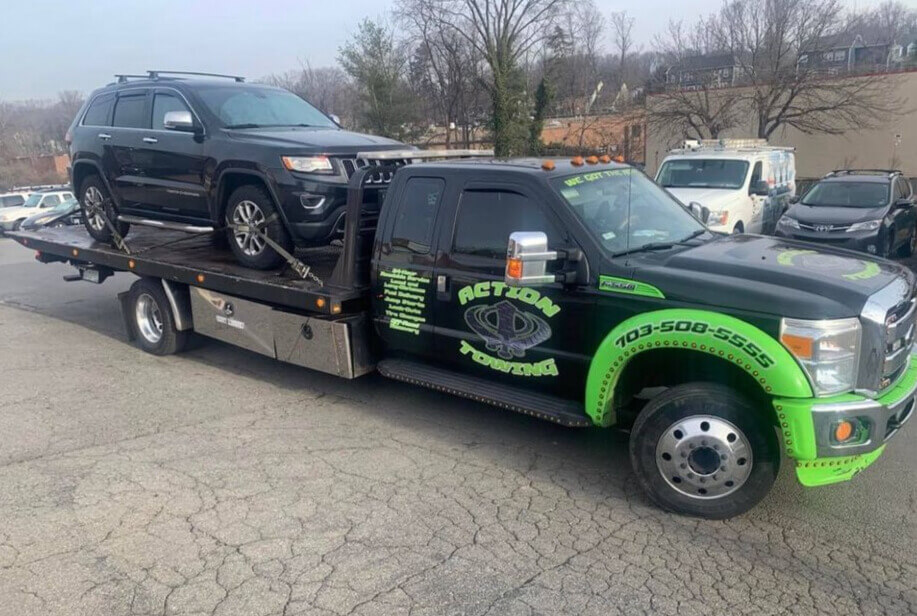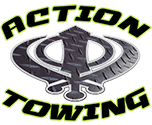 If you find yourself in need of a towing service, it can be tempting to choose the cheapest option available. In towing, the cheapest option may be a sign for something shady doing on. Opting for an unlicensed towing service can pose significant risks and potentially result in more significant expenses and headaches down the line. In this blog post, we’ll explore the risks of using unlicensed towing services and why it’s crucial to choose a licensed and reputable provider.
If you find yourself in need of a towing service, it can be tempting to choose the cheapest option available. In towing, the cheapest option may be a sign for something shady doing on. Opting for an unlicensed towing service can pose significant risks and potentially result in more significant expenses and headaches down the line. In this blog post, we’ll explore the risks of using unlicensed towing services and why it’s crucial to choose a licensed and reputable provider.
- Lack of Regulation
Unlicensed towing services are not subject to the same regulations and oversight as licensed providers. This lack of regulation can lead to a range of issues, including unprofessional behavior, inadequate training, and lack of insurance coverage. Unlicensed providers may not have the necessary certifications, equipment, or experience to safely and effectively tow your vehicle, potentially putting you and your vehicle at risk.
- Potential for Scams
Unlicensed towing services may also be more likely to engage in scams or fraudulent practices. These providers may overcharge for services, misrepresent their capabilities or qualifications, or even steal vehicles. Choosing an unlicensed provider can leave you vulnerable to these types of scams, potentially resulting in significant financial losses or legal troubles.
- Liability Concerns
When you choose an unlicensed towing service, you assume more liability for any damage that may occur during the towing process. If an unlicensed provider damages your vehicle or causes an accident, you may be responsible for covering the costs of repairs, medical bills, and other expenses. A licensed provider, on the other hand, is required to carry insurance coverage, providing you with added protection and peace of mind.
- Unreliable Service
Unlicensed towing services may also be more likely to provide unreliable service, such as not showing up when scheduled, being late, or not having the proper equipment or training to handle your specific towing needs. Choosing an unlicensed provider can result in significant delays, causing further inconvenience and stress during an already challenging situation.
- Lack of Accountability
Unlicensed towing services are not held accountable to any licensing or regulatory body, making it more challenging to hold them accountable for any issues or concerns that may arise. Without this accountability, you may have difficulty resolving disputes or seeking compensation for damages or losses.
Conclusion
The risks of using unlicensed towing services are significant, and the potential consequences can be severe. Choosing a licensed and reputable provider is essential to ensure the safety of your vehicle, protect yourself from potential scams and liability concerns, and receive reliable and professional service.
When selecting a towing service, take the time to research providers in your area, read reviews, and ask for references. It’s recommended that you speak to your towing service and ask for them to provide proof of their licencing. This’ll never be a problem for operators who follow the rules and regulations.
By choosing a licensed provider, you can have peace of mind knowing that your vehicle is in good hands and that you’re receiving the highest level of service and protection possible. Don’t risk your safety, security, and financial well-being by choosing an unlicensed provider.
